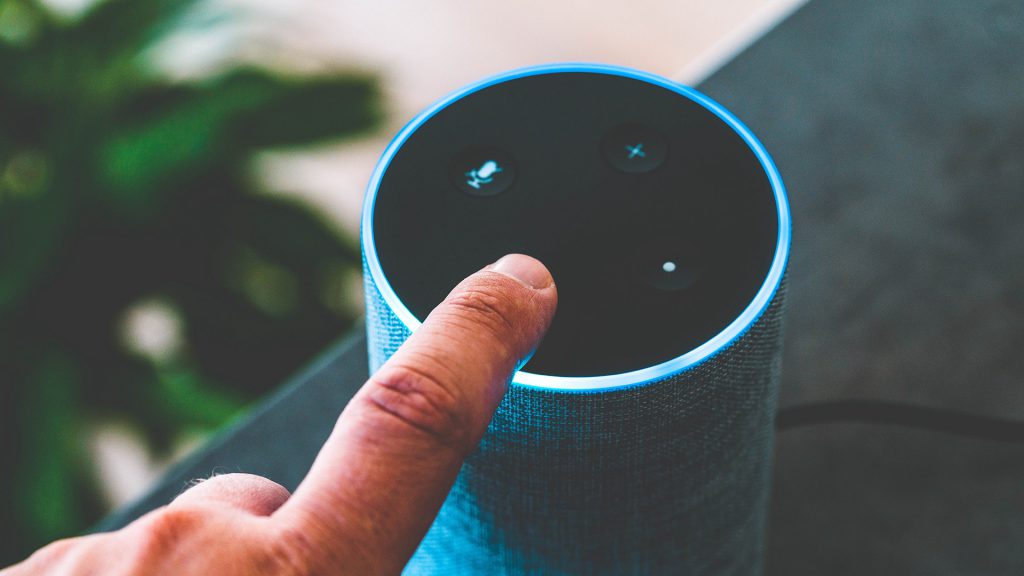Smart Home Assistants: Which Option Is Right For You?
The rapid rise of artificial intelligence has helped voice-based smart home assistants become common fixtures in homes, apartments, and dormitories around the world. In the past, if someone wanted to get information about current events or the local weather quickly, they would have to spend minutes logging onto a computer or smartphone and manually search for it themselves.
Smart home assistants – which leverage the computing power of artificial intelligence to turn natural speech patterns into internet searches and much more – have made such intrusive technology-reliant interruptions into a thing of the past. However, this has led to an entirely new problem for many consumers.
Which smart home assistant is right for me? This is a question that we commonly get from our customers, and the correct answer will likely depend on your preferences. To help our readers determine which smart home assistant is right for them, we’re going to take a look at the two most popular assistants – Amazon’s Alexa and Google’s Home Assistant.
The Basics Explained
Before jumping into our comparison of the two most popular smart home assistants, let’s start with some basics. Modern smart home assistants are typically offered as software packages hosted on any number of smart speakers. Smart speakers like Google Home and Amazon Echo are some of the most popular options, but these devices are made by a host of hardware manufacturers.
Furthermore, both of these popular smart home assistants work with a number of third-party apps, devices, and sensors. For consumers looking to add tons of functionality to their home at a price that won’t break the bank, either of these two smart home assistants can be useful.


Features And Functionalities
Both of these smart home assistants have grown into impressive voice-based technology. While Amazon Alexa and Google Home are similar in nature, they both have vastly different strengths. For example, Amazon Alexa supports far more smart home devices and sensors, while Google Home allows you to leverage the power of Google’s ecosystem to add functionality to your home.
Generally, Amazon Alexa is easier for those users who have never used smart home technology before, while Google Home allows for voice assistant interactions that feel more natural.
However, there is one interesting difference between these two smart home assistance that is worth noting. With Amazon Alexa’s vast library of voice-based applications, you can easily do anything from order a pizza to hailing an Uber – interesting functionalities that are more difficult to access with Google Home.
As is the case with many technology products, the best smart home assistant for you will vary for each individual. While each and every smart home assistant is unique, it is essential to note that these products are always being updated and improved.
In other words, when you’re selecting the right smart home assistant for you, don’t let the lack of a few specific features sway you. If a feature that interests you isn’t available today, chances are it will arrive to your smart home assistant of choice soon.
